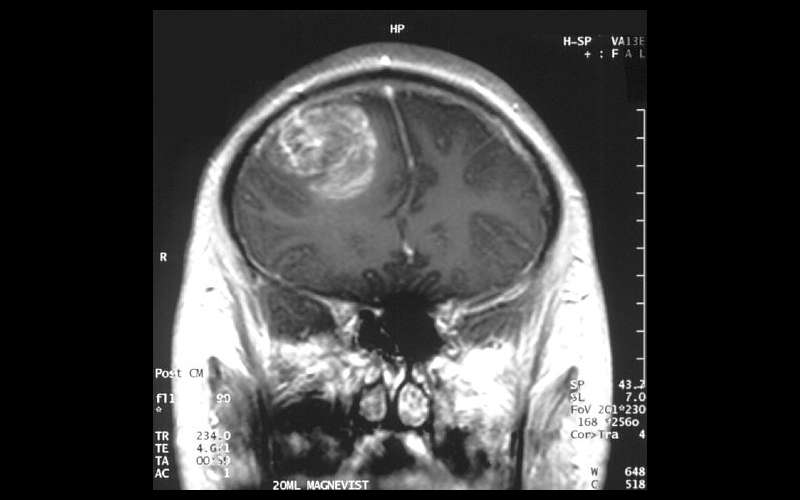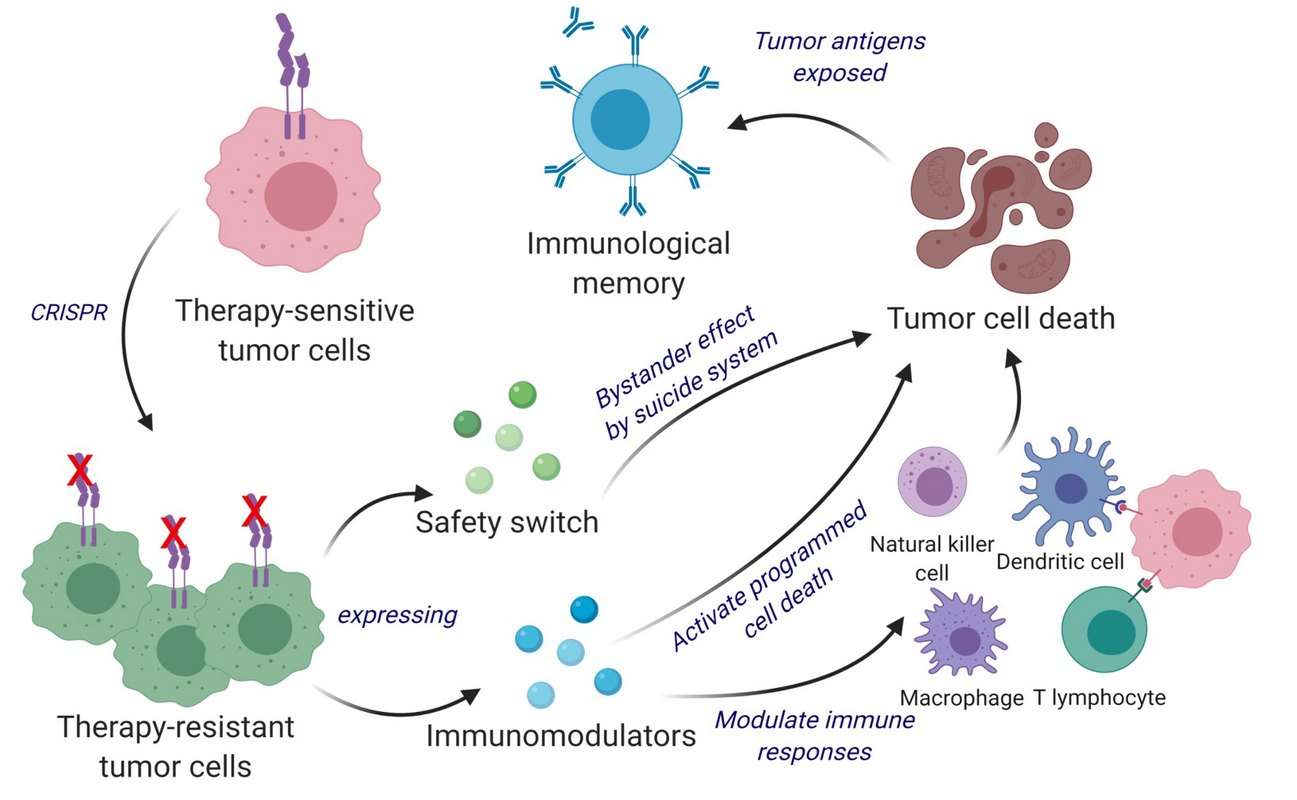In a World First, Scientists Use Artificial DNA to Kill Cancer Cells
When cancers begin overproducing certain molecules, these are prime targets for oncolytic drugs like this artificial DNA made in Tokyo.

In Boston, a potentially-revolutionary treatment for deadly brain cancer is showing promising early signs in mice both for the eradication and prevention of tumors and individual cancer cells.
A vaccine in the true sense of the word, the method involves repurposing living cancer cells to destroy the tumors which spawned them.
Cancer cells have very particular characteristics, one of which potentially makes them even better cancer-killers than immune molecules. That characteristic is their ability to travel long distances through the body returning to the tumor they came from.
By using a similar technique to CRISPR called CRISP-CAS9, researchers at Brigham and Women's Hospital in Boston were able to change proteins within the living cancer cells to prime tumors and other cells for destruction. The priming got the immune system involved, which then resulted in the mice in immunological memory just like vaccines for viruses.
In experiments, it worked on mice carrying cells derived from humans, mimicking what will happen in patients, which had the deadliest form of brain cancer called glioblastoma.
"Our team has pursued a simple idea: to take cancer cells and transform them into cancer killers and vaccines," said corresponding author Dr Khalid Shah.
"Using gene engineering, we are repurposing cancer cells to develop a therapeutic that kills tumor cells and stimulates the immune system to both destroy primary tumors and prevent cancer."

Glioblastomas have one of the lowest survival rates of any cancers, with fewer than 10% of patients living past 3 years.
CRISPR has almost the ultimate potential to eliminate cancer through gene-editing, but targeting exactly which genes to edit in cancerous or non-cancerous cells is a matter of serious research.
"Throughout all of the work we do, even when it is highly technical, we never lose sight of the patient," said Dr. Shah. "Our goal is to take an innovative but translatable approach so that we can develop a therapeutic, cancer-killing vaccine that ultimately will have a lasting impact in medicine."
DOo You Believe In A Cancer Cure In Your Lifetime? ASK Your Friends…
Be the first to comment